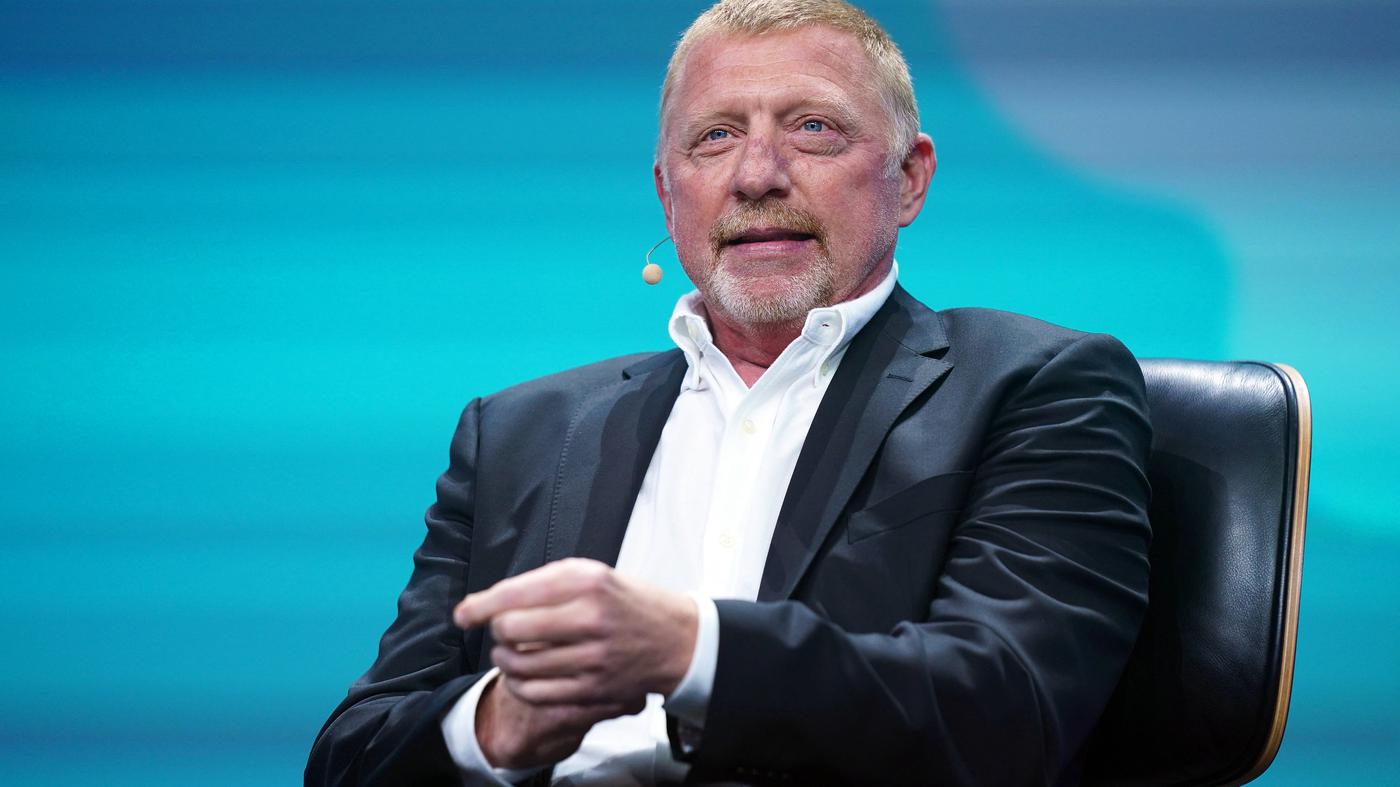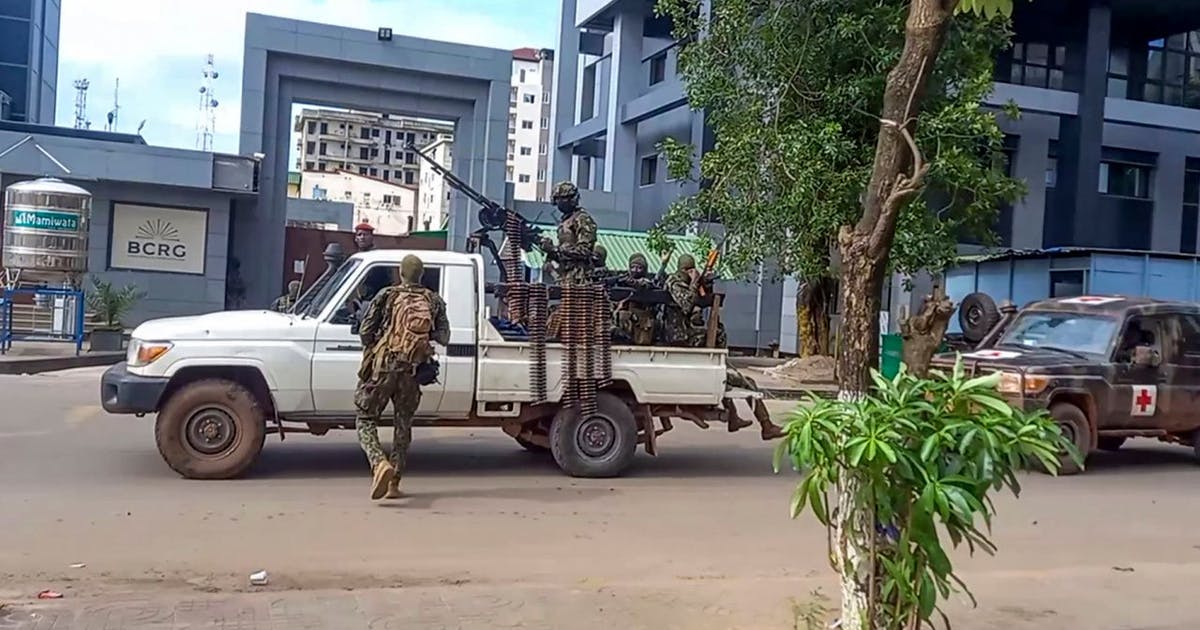Keystone
The leaders of a military coup in Guinea, West Africa, prevented members of the government from leaving the country on Monday.
The coup leader, Mamady Domboya, said in the capital, Conakry, that cabinet members who met the day after the ouster of President Alpha Conde should hand over their passports and official vehicles.
Domboya, commander of an elite military unit set up by Conde, also lifted an air traffic moratorium imposed on Sunday and a curfew in mining areas. Guinea is one of the world’s largest suppliers of bauxite, an ore used in the manufacture of aluminum. The country supplies all major world markets. China is one of its biggest clients.
After the meeting, Domboya drove in a military convoy to the capital’s central prison, Seruti, and arranged for the release of four opposition politicians, a German news agency (dpa) correspondent reported at the site. “The others will be released later,” the coup leader said, referring to the thousands of opposition members who have been arrested under President Conde.
The whereabouts of the ousted president remained unclear on Monday. According to military sources, Conde is said to be under house arrest in a hotel in Conakry. The United Nations, the European Union, the United States and Russia condemned the coup.
Conde came to power in 2010 in the first free democratic elections since Guinea’s independence from France in 1958. He is credited with reforms in the economy and military and, after decades of political turmoil, worked to ensure greater stability. However, critics argue that Conde was an increasingly authoritarian ruler whose tenure was marked by human rights abuses. Last year, he secured a third term after a controversial constitutional amendment. The poll was preceded by months of political tension and violent and brutal protests in which dozens were killed.

“Communicator. Entrepreneur. Introvert. Passionate problem solver. Organizer. Social media ninja.”







More Stories
Boris Becker was jailed for several months in Great Britain, after which he still had to serve part of his sentence.
Great Britain wants to immediately deport asylum seekers without valid documents to Rwanda in the future.
Great Britain wants to increase defense spending to 2.5 percent of GDP